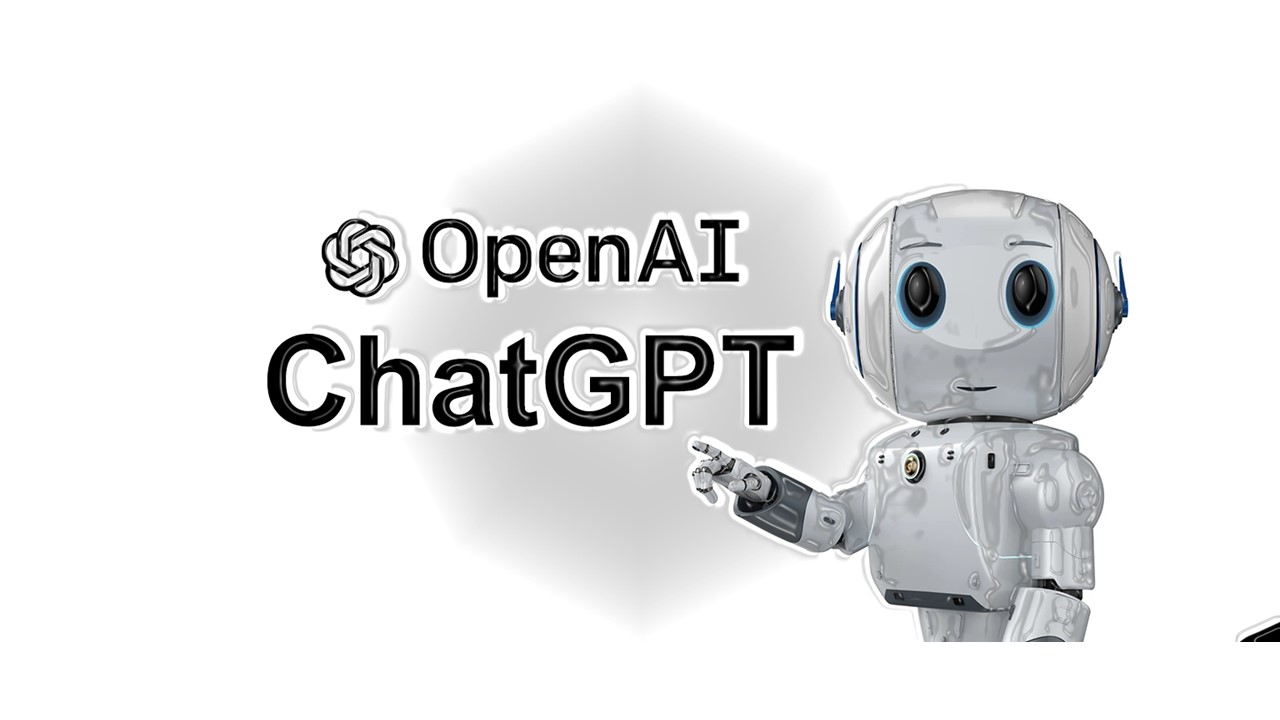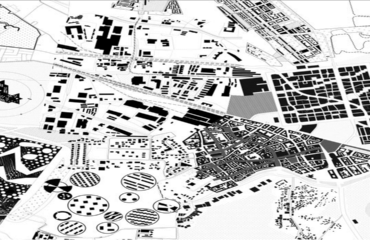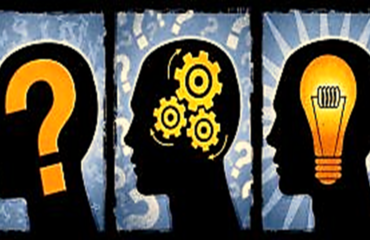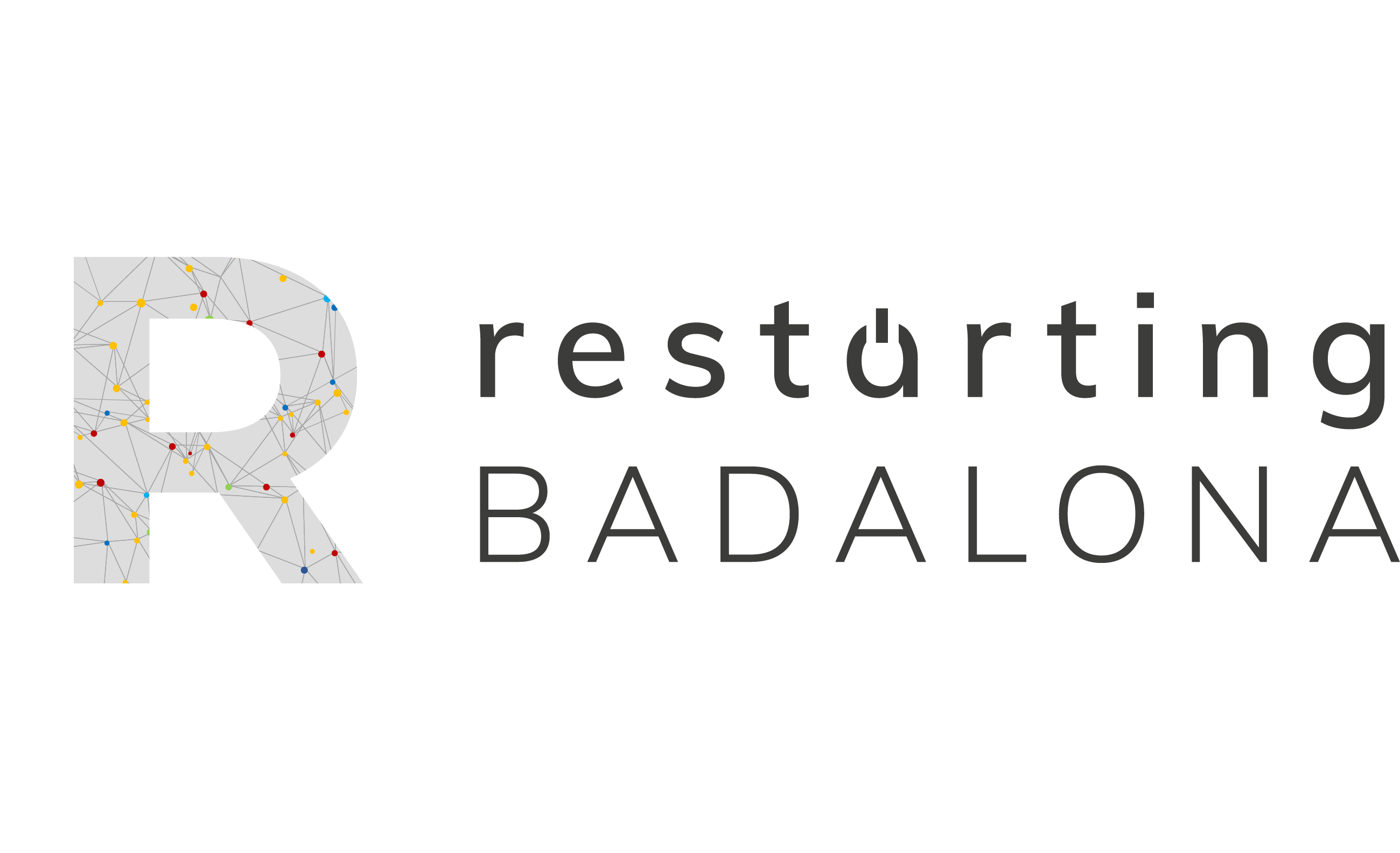
A few weeks ago, Microsoft bought ChatGPT to integrate this Conversational artificial intelligence (AI) into its products. A Conversational AI is a software that you can ask anything, it looks for it on the internet, and it answers you.
“ChapGPT, give me a 500-word essay on the industrial revolution for 4th ESO”. He does it and, in addition, the teacher cannot know if you copy.
Next, Google presented its own, which is called Bard. The day they present it, they ask him as a test:
– Bard, what new images can the James Webb telescope capture?
– With James Webb, planets outside the solar system can be captured for the first time.
And he was wrong: images of exoplanets, we already had the year 2004.
There are also the IA Creatives, such as Stable Diffusion or Dall-e. They generate images from natural language descriptions and image databases.
“Dall-e, take a picture of my room as if Van Gogh painted it.” And he does it. But the first million-dollar lawsuits from authors for plagiarism are already beginning to exist.
AI is all the rage, but what do academics say? We can talk about two types of AI: a) general artificial intelligence, which is one capable of performing any task that a human performs with equal or better performance, and b) weak artificial intelligence, such as ChatGPT, Bard, Stable Diffusion, Dall- e, the list that Spotify or Google Maps recommends.
All weak AIs are excellent at completing specific tasks, but they are far beyond the capacity of the human brain. Spotify won’t recommend something you’ve never heard, and Stable Diffusion and ChatGPT will always need to validate the content so they don’t get it wrong. And none of them is capable of putting “intention”, “love” or “empathy”. These are still human qualities that machines are a long way from achieving.
Technologists are very optimistic, we are still very far from a general AI. But the AI that already exist are revolutionizing all sectors. Today, we use AI in areas such as the field, to find out if the bitter almond with artificial vision and, based on this, remove it from the packaging process and have a better quality product; in the store, to identify whether the person looking at the advertising screen is a man or a woman and choose the most appropriate ad, or in health, to make a better diagnosis of cancer or mental illness.
Many of the AIs require final validation, others don’t, but all of these changes are here to stay and will come faster and faster.
We are immersed in a process of digital transformation of the same intensity as the industrial revolution. Before, one person was in charge of the entire manufacturing process, growing the cow to get the skin and leather shoes. With the industrial revolution, everything changed and each one specialized in a task in which they were trained and which they did very well (growing the cow or putting the seats in the car on the assembly line). AI and robotics enable these tasks to be done in ways that do not require people. This changes everything. The skills to be able to participate and add value that workers had are no longer useful. A full blown crisis, and crises are not easy.
The European Commission, in the “Digital Compass 2030”, indicates that in order to make this digital transformation process successful, we will need, in 2030, that 80% of professionals have basic digital notions; 20 million ICT specialists (now we have 9), and that more than 90% of SMEs have a basic level of digital intensity (today they are 55%, according to the latest DESI report). To do?
Well, on the one hand, training. At Restarting Badalona we already say it: create an active and participatory learning ecosystem, adapted and coherent with a dynamic and constantly changing environment, which ensures employability, opportunities and social cohesion. Promote STEM vocations (science, technology, engineering and mathematics), focusing on the female talent that we are missing due to a lack of references. Do medium and higher specialized training cycles, AI, big data… reskilling (job retraining) for people who are left out, and accompanying older people who in the end will also be users.
We also need to help companies, especially SMEs, to go digital. Very good Digital Kit, but there is a lot of work to be done. We must help them not to die so as not to get on the digital transformation train.
It is necessary to retain talent and recruit again. We have a wonderful territory, a powerful educational system, leading companies, security, nature, culture and a kind climate. But we must improve our commitment to research and promote large crawler tractor projects that help. Let us also not forget the potential of a sector such as health, with the Germans Trias i Pujol Hospital as a benchmark.
It is essential that the administration accompany, that it digitize more and more quickly, and thus free up resources and train them, training them for jobs of greater value from within the administration that help the ecosystem. Let it be a catalyst and not a brake.
Currently, the only way to create intelligence that we know of is with your partner, with some requirement: it is necessary that the genetic load of the members of the couple is complementary, X and Y, that both are of childbearing age, patience, a lot of love and dedication.
So don’t worry, although AI is here to stay and it is not a fad, it will not replace humans, for now…
Miquel Angel Fernandez,member of the Restarting Badalona association



